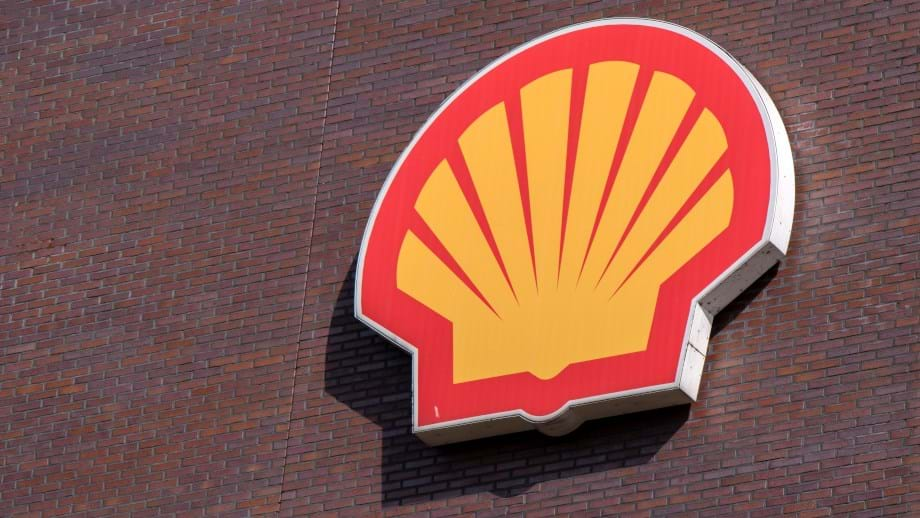Shell sells Nigerian onshore oil business in deal worth US$2.4bn

SHELL has agreed to sell its Nigerian onshore subsidiary, The Shell Petroleum Development Company of Nigeria (SPDC), ending nearly a century of operations in Nigerian onshore oil and gas.
The oil and gas major’s 30% stake has been purchased for US$1.3bn by Renaissance, a consortium of four Nigeria-based exploration and production companies and an international energy group. Renaissance could also pay an additional US$1.1bn related to customer debt and cash balances in the business.
First established under a different name in 1936, SPDC is the operator and part owner of a joint venture (JV) that holds 15 oil mining leases for petroleum operations onshore and three for petroleum operations in shallow waters. The JV produces 10% of Nigeria’s domestic natural gas, and reserves related to the transaction totalled approximately 458m boe in 2022.
With the sale, Shell also hands over responsibility for remediating the environmental impact of spills from SPDC operations. Shell blames the majority of spills on sabotage, theft, and other illegal activity, claiming that only ten out of 85 spills in 2022 were operational. However, the company states that SPDC cleans up irrespective of a spill’s cause, remediating 230 sites in 2022, and 776 since 2016.
Nevertheless, the company has faced multiple lawsuits over damages. In a case two years ago, SPDC was finally ruled responsible for the consequences of spills in two Nigerian villages, after failing to show they were caused by sabotage.
Shell has also been accused of bribery in Nigeria following a 2011 deal for a major oil block. The company was set to face charges related to the accusation, but was acquitted in one criminal case, while another was dismissed.
SPDC’s ownership and operations
Originally called Shell D’Arcy, SPDC was established as Shell’s first company in Nigeria in 1936. Drilling its first well in 1956, it began production two years later, and today holds 30% of an SPDC-operated JV that includes Nigerian National Petroleum Corporation (55%), Total Exploration and Production Nigeria (10%), and Nigeria Agip Oil Company (5%).
SPDC operates the JV’s 3,173-km network of flow lines and pipelines, with 263 producing oil wells, 56 producing gas wells, six gas plants, two major oil export terminals, and one powerplant.
Shell notes that while it is parting with SPDC, it will remain a major investor in Nigeria’s energy sector through its deepwater and integrated gas businesses.
SPDC staff will continue to be employed by Shell as it transitions to new ownership.
Recent Editions
Catch up on the latest news, views and jobs from The Chemical Engineer. Below are the four latest issues. View a wider selection of the archive from within the Magazine section of this site.




